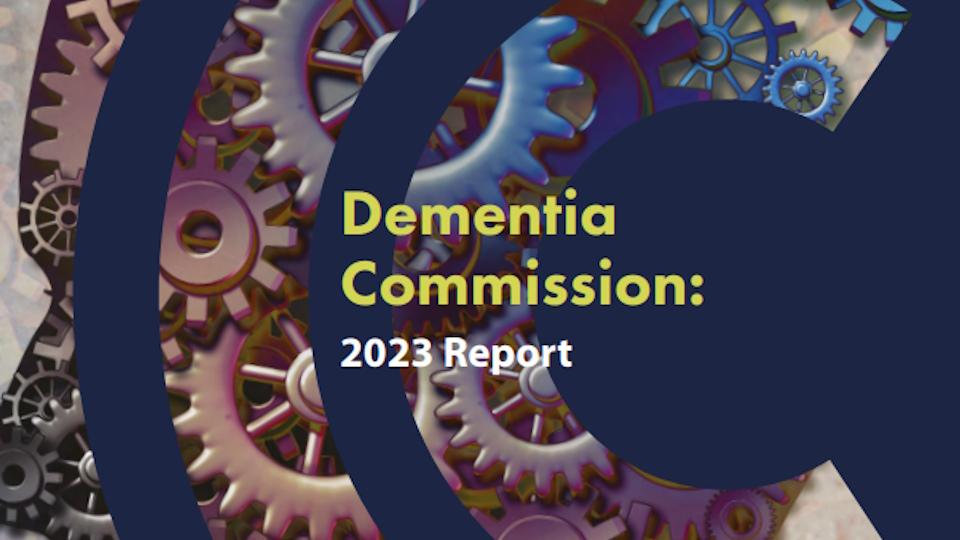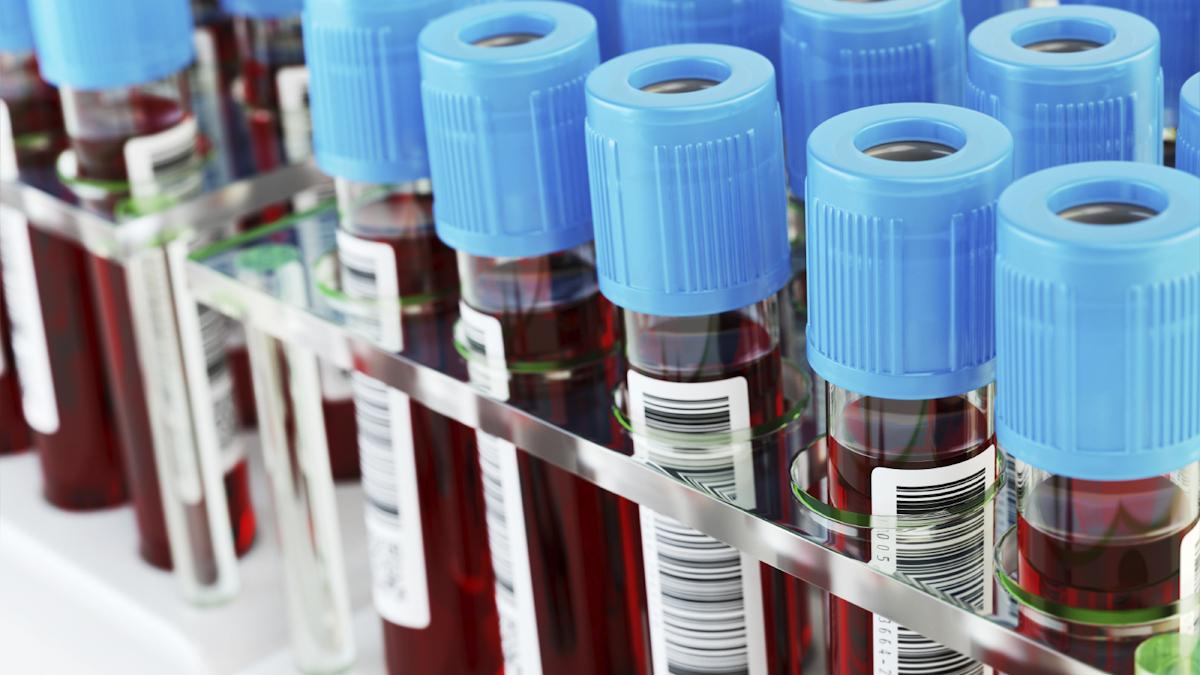Undiagnosed dementia in UK needs drastic action, says review

A just-published report has found that more than a third (36%) of people currently living with dementia in the UK are undiagnosed, and major changes are needed to overturn the deficit.
The report, chaired by former Health Minister Lord James O’Shaughnessy, shows that in around a quarter of local authorities the number of undiagnosed cases is as high as 50%, while support levels also vary widely around the country. Overall, the rate of diagnosis has worsened compared to pre-pandemic levels by around 8%.
Improving detection and diagnosis rates will be crucial as treatments start to emerge that can target the underlying mechanisms behind dementia and delay cognitive decline – provided they are started early enough.
There is also a clear benefit of improving diagnosis in alleviating the burden on the NHS, as the data suggests that people with a confirmed dementia diagnosis are less likely to be hospitalised as emergency cases and more likely to receive appropriate care if they do have to be admitted.
“This is a critical juncture for our healthcare system,” warned Lord O’Shaughnessy. “The unrelenting rise in undiagnosed cases demands a paradigm shift in our approach to dementia care.”
That new paradigm should be spearheaded by Integrated Care Systems (ICSs), the partnerships that bring together NHS organisations, local authorities, and others to take collective responsibility for planning health services in the UK.
It is predicated on enhanced early detection of dementia, but also prevention, recognising that 40% of dementia cases can be prevented through lifestyle changes. The aim should be to increase the current dementia diagnosis target from 66.7% to 90% by 2030, with a public awareness campaign run to try to encourage people to take steps to reduce their risk.
Timely diagnosis will also be critical, and training should be given to healthcare professionals, including community pharmacists, to help them spot the signs of dementia more quickly, along with increased funding for community diagnostic centres.
The report also recommends changes to dementia care pathways, saying at the moment they are “not fit for purpose” and need to be redrawn with input from health and social care professionals, patients, and caregivers. There should also be greater use of technologies like telehealth to improve communication between care providers and artificial intelligence to predict and detect dementia, while patients given a diagnosis and their carers also need greater support in the form of support networks and respite care.
It recommends a common digital platform through which patients and their carers can access their medical records, be informed about suitable clinical trials, and receive information about local services.
The NHS needs to prepare for new technologies coming down the line - including, for example, amyloid-targeting therapies from Eisai/Biogen, Eli Lilly, and Roche, to make sure it is not “overwhelmed by demand and affordability,” according to the review.
In the forward to the report, Lord O’Shaughnessy and Professor Mike Bewick, co-chairs of the NHS Innovation and Life Sciences Commission, write: “After decades of false starts, we are finally on the cusp of therapeutic breakthroughs that will lead to disease-modifying therapies being regulated and reimbursed in the NHS. It was this exciting prospect that encouraged the Commission to focus on this field during the past year.”
The Life Sciences Commission is planning a ‘Sprint Roundtable’ in early 2024 to support the further development of the recommendations.
“Beyond the statistics, there lies an opportunity to reshape our healthcare landscape,” remarked Prof Bewick. “We envision a future where data is not just a tool but the foundation of effective, accountable, and patient-centric care.”












